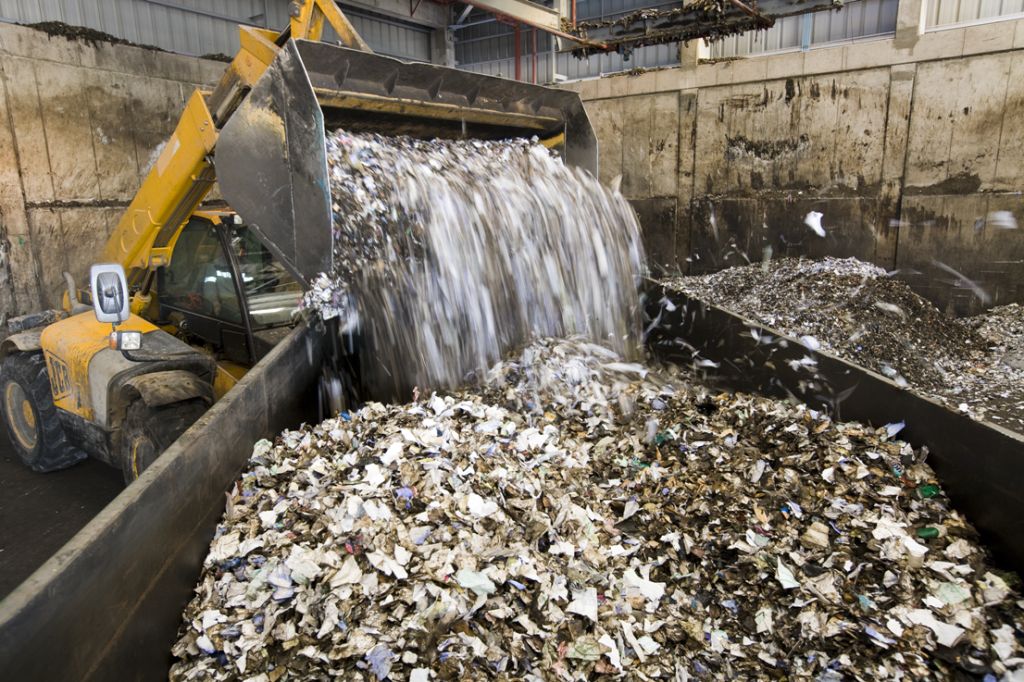Not long ago, there was a huge garbage fire in the Karnataka Compost Development Corporation (KCDC) plant located in Bommanahalli constituency, leaving citizens burdened and disconcerted. This is merely one of the many consequences of apathy and incompetence in Bangalore’s waste management sector.
The newly elected government has given assurances that it will address the problem, but we’ve heard it all before. In recent years, solid waste management in the city involved collecting trash and transporting it outside the city to designated landfills, which basically resulted in Bangalore’s garbage becoming
someone else’s problem, as unprofessional management of Mandur and Mavallipura landfills caused harm to citizens living nearby in addition to the local ecosystems.
Scientific solid waste management needed
This led to the judiciary passing what was supposed to be strict orders for scientific solid waste management, which in turn led to the establishment of solid waste management centers built to process “wet” or biodegradable waste. Thus, Bangalore’s municipal solid waste centers came about as a
reaction to villages outside the city protesting against landfills.
According to a recent report by Deccan Herald, officials claim that the waste segregation levels can be increased if the plants run at full capacity. However, due to unscientific management, running the
plants at full capacity leads to harmful leachate emissions and unbearable stench, forcing locals in the area to protest.
In Doddaballapur for example, officials claim that a MSGP Infratech Pvt Ltd plant is receiving 500 tons of waste. However, there is no clear explanation regarding what actually happens to the waste, and
this plant has been closed repeatedly due to protests from people living nearby, only to keep reopening.
These waste management centers were supposed to be situated far away from water bodies, residential areas and sensitive ecosystems, as they belong to a red-category industry. Thanks to corruption and
incompetence, they are now almost within city limits as urban sprawl continues to engulf surrounding villages.
They also were supposed to be constructed to meet a certain capacity, with odor control systems and leachate treatment facilities in place, all of which must be consistently monitored by qualified individuals with the relevant technical skills. Furthermore, these plants require environmental clearance and authorization from the Karnataka State Pollution Control Board (KSPCB) prior to their construction.
Clearly, few if any of these regulations are being followed or enforced by the authorities, and many are facing court cases. Naturally, the people forced to tolerate the establishment of these plants near their homes will protest when burdened with toxic filth, but end up at the mercy of antisocial authorities.
The Karnataka Composting Development Corporation plant in HSR Layout is a shining example; just before elections the MLA assured it would be shut down (in order to bamboozle voters), but his “order” was not official and after a few weeks the plant was operational again with zero improvements. While political will and strong business ethics are essential to solve Bangalore’s perpetual garbage crisis, the absence of both appears indefinite.

